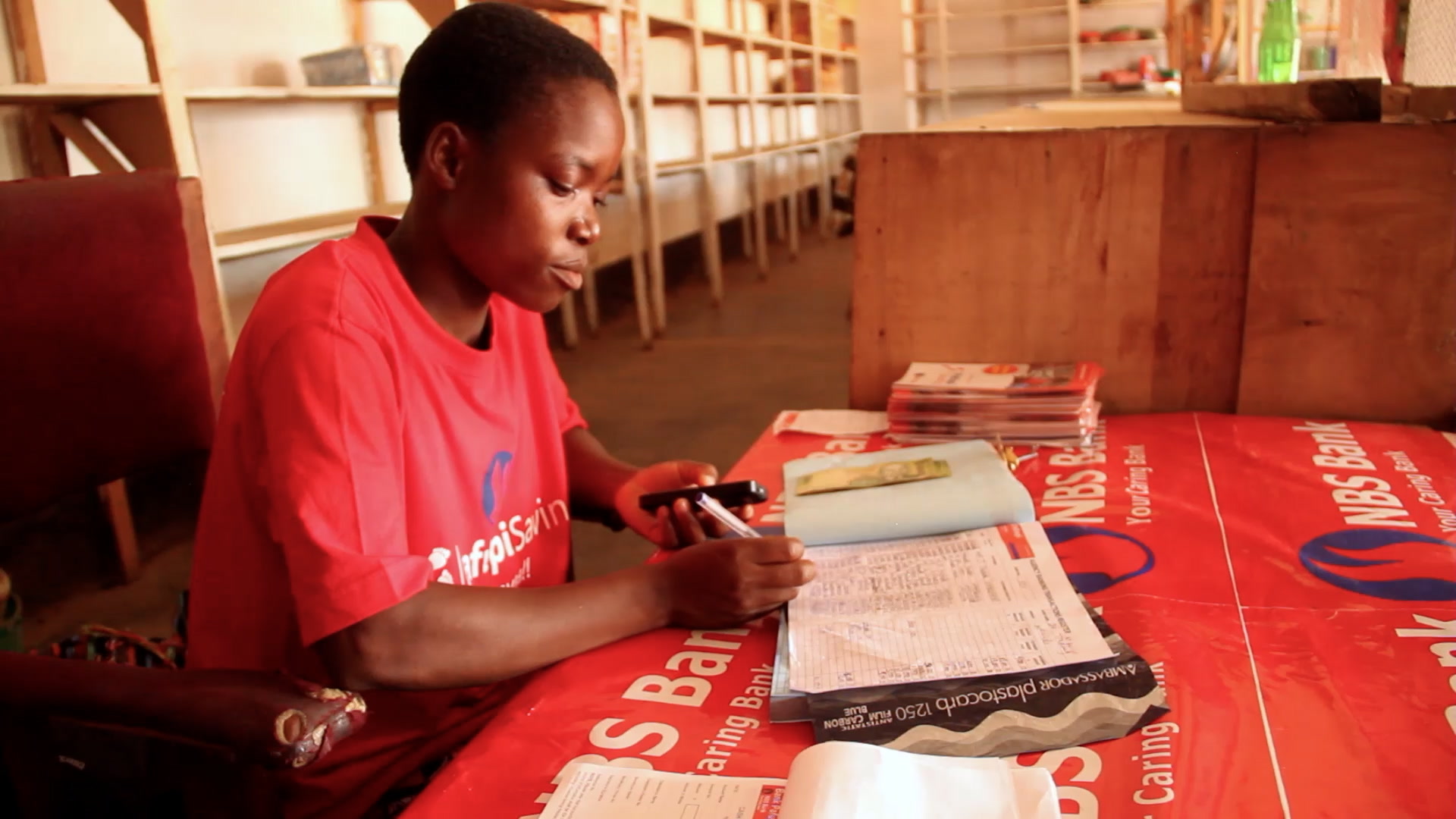More stocks are owned by Americans than ever before - what does it mean for the economy?

More than 50% of Americans have invested in the stock market. Image: REUTERS/Brendan McDermid

Get involved with our crowdsourced digital platform to deliver impact at scale
Stay up to date:
Banking and Capital Markets
The stock market is not the economy. Or so economists used to think. After all, few Americans owned stock and prices reflected expectations about future earnings—expectations that weren’t always accurate or that were clouded by short-term emotions. But the stock market today may reflect the economy more than it did 20 years ago.
More Americans than ever are invested in the stock market. Just 30 years ago only about 30% of Americans owned any form of stock—now more than 50% do.

There are a few reasons for the change. The rising popularity of index and mutual funds makes stock market investing easier and safer, since risk is spread across many securities. But the bigger reason is the increased popularity of 401(k)-type retirement plans in the 1990s gave many Americans easy access to the stock market. Often they are automatically invested in stock.
The trend even holds for student-debt-burdened millennials. In 1989, only 22% of Americans under 35 owned stock, while in 2016 41% did.
Before the rise of the 401(k), some households were indirectly invested in the stock market through workplace-defined benefit pensions. But pensions did not have the same impact because they covered a smaller share of workers (less than one third) and employers bore the risk associated with stock market investing.
Who are the 50% that don’t own stock? Some are retired, while some others have a defined-benefit pension plan through work and perhaps don’t feel a need to invest for themselves. But mostly, it is low-income Americans who lack access to a retirement account or can’t afford to contribute. Ninety-two percent of working, non-stock owning Americans don’t participate in a 401(k)-type plan, while 72% of stock owners contribute to a retirement account. The stock owners also earn much more: Their median income is $90,000, compared to just $45,000 among Americans who don’t own stock.
More stock ownership has many benefits. In an age of widening inequality, this is a rare bright spot because it means more Americans own a share of an expanding economy. As wages grow at a slower pace than capital, owning stock means more Americans get a piece of the growing pie. Though as the Wall Street Journal points out, the bottom half who don’t own stock will be left further behind. We might expect to see a hollowing out of the middle if the top 50% benefits from the stock market and the bottom 50% does not.
Impact on the economy
More stock ownership also may change how the economy works. Before, gyrations in the market were presumed not to impact the finances or behavior of many Americans, but now that more Americans own stock, what happens to the stock market can have a real influence on the economy.
A recent paper from the National Bureau of Economic Research argues that local economies are very sensitive to stock market performance. When stocks go up, shareholders feel wealthier and are inclined to spend more. The economists estimate that for every dollar of stock market wealth created, people spend 2.8 cents more a year, which can translate into higher wages and employment. The more people who own stock, the bigger the effect.
This could mean another channel for monetary policy, where lower interest rates are presumed to increase stock prices (at least in the short run), boosting the economy. It also suggests that in the same way a recession can be self-fulfilling, sustained growth can be, too. If people feel richer because of the stock market and spend more, the companies will be more profitable and stocks will climb further. At least for a while. Without a meaningful rise in productivity, even a self-fulfilling boom can crash if there’s some external shock or anything that undermines confidence.
This is the downside to more stock ownership. Stocks are a risky investment, and if local economies respond positively to stock increases, they will also respond to declines in the market. The paper estimates consumer behavior lags behind stock market activity, and the increase in consumption happens one or two quarters after the stock market climbs. The economists argue this means a market drop followed by a quick recovery won’t have a negative economic impact. But if a drop is followed by a slow recovery, more stock ownership could mean a more volatile and unpredictable economy, albeit one with some upside.
Don't miss any update on this topic
Create a free account and access your personalized content collection with our latest publications and analyses.
License and Republishing
World Economic Forum articles may be republished in accordance with the Creative Commons Attribution-NonCommercial-NoDerivatives 4.0 International Public License, and in accordance with our Terms of Use.
The views expressed in this article are those of the author alone and not the World Economic Forum.
Related topics:
The Agenda Weekly
A weekly update of the most important issues driving the global agenda
You can unsubscribe at any time using the link in our emails. For more details, review our privacy policy.
More on Banking and Capital MarketsSee all
Efrem Garlando
April 16, 2024
John Hope Bryant
April 11, 2024
Alexandre Raffoul and Kai Keller
April 10, 2024
Alex Edmans
April 4, 2024
Victoria Masterson
March 28, 2024






